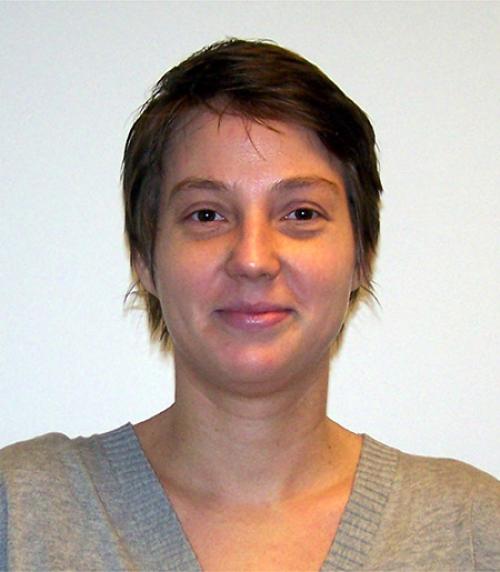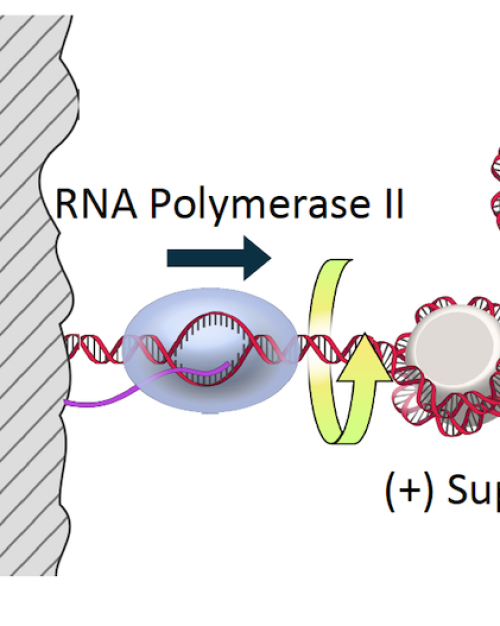Systems of polynomial equations are useful for describing many phenomena in mathematics, engineering, and the physical sciences. Such a system often has a set of solutions with a complicated and interesting multidimensional shape that varies with changes to the system’s parameters. Recently, the problem of determining how altering the system’s parameters affects the geometric properties of the system’s solutions—called a moduli problem—has become important in high-energy theoretical physics. According to string theory, the fundamental laws that govern the universe can, at the smallest scales, be expressed as a system of polynomial equations. The parameters of that system of equations, however, are unknown at the moment. Efforts to understand how various parameters lead to different laws of physics have generated a lot of new questions in pure mathematics, especially about moduli problems.
With this CAREER award, Daniel S. Halpern-Leistner, Mathematics, is using recent developments in the theory of algebraic stacks and derived algebraic geometry to develop a general approach to moduli problems. This research builds on Halpern-Leistner’s work to extend the methods and results of geometric invariant theory. His recent work has led to a broad framework for constructing moduli spaces and for breaking large moduli problems into smaller pieces that are easier to study.
This research will apply this new approach to a range of open problems in algebraic geometry, including several problems inspired by high-energy theoretical physics.




